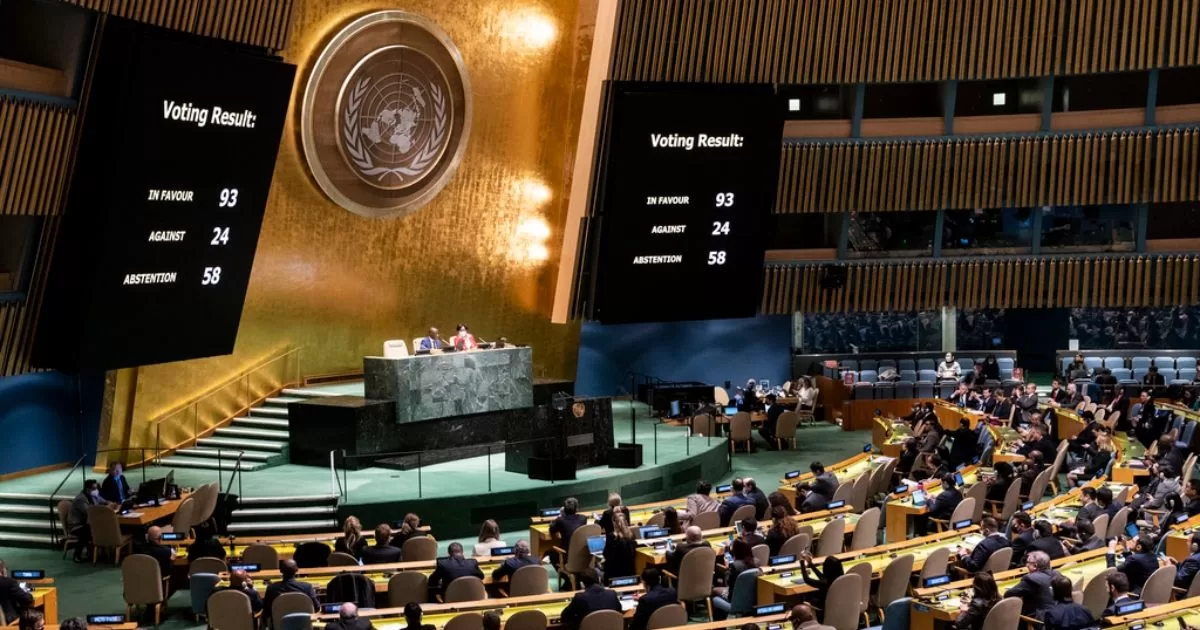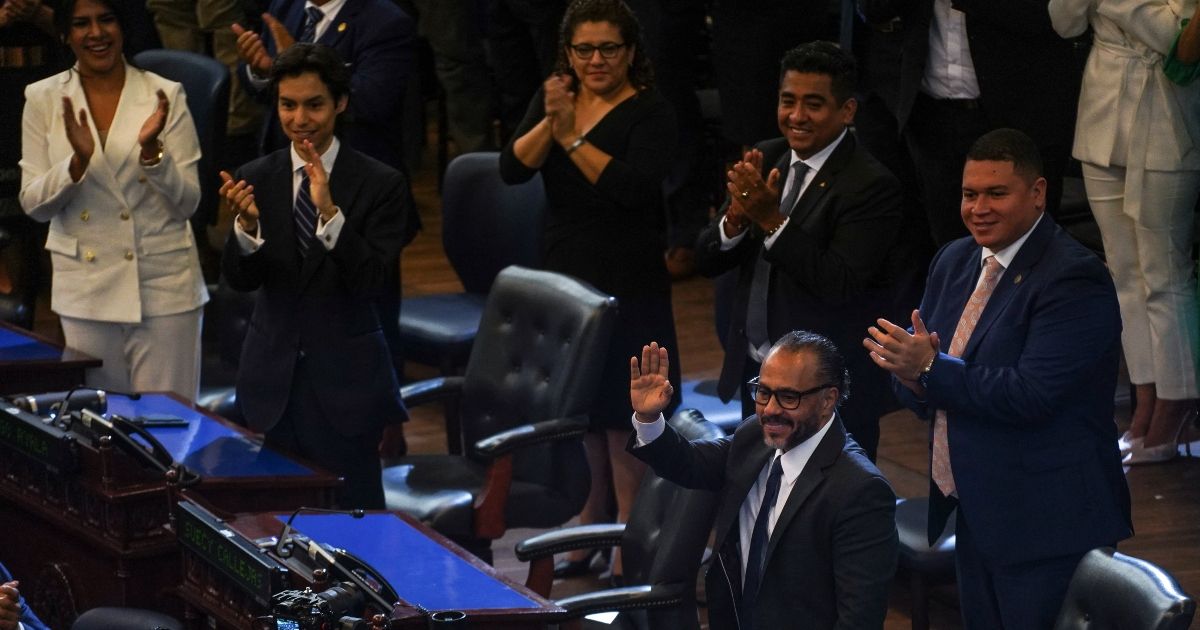MIAMI.- The International Covenant of Rights Civil and Political was adopted by United Nations on December 16, 1966. Among the recitals that govern this pact are that the Charter of the United Nations imposes on States the obligation to promote universal and effective respect for human rights and freedoms.
The treaty entered into force in 1976, three months after its ratification by 35 States. The pact contains a preamble and 53 articles. To date it has been ratified by 173 countries.
International Amnesty points out that the International Covenant on Civil and Political Rights, consecrated 57 years ago, is the legal translation of the principles of the Universal Declaration of Human Rights.
“Following the creation in 2006 of the Human Rights Council and the mechanism known as the Universal Periodic Review (UPR), the process of reviewing compliance with the pact became significantly more transparent,” says AI.
In this sense, after completing every four years the review of the measures taken to guarantee respect for human rights in their territories and policies, the States part “must make public which recommendations they commit to implementing, which they reject, and which are simply noted.”
Key rights
The International Covenant of Rights Civil and Political Law enshrines the right to life, the right not to be tortured or subjected to cruel, inhuman or degrading treatment; the right not to be subjected to slavery or servitude; the right to free movement; to justice, the right to privacy and the right to freedom of thought, conscience and religion.
Likewise, the treaty guarantees the right to freedom of opinion and expression, the right to peaceful assembly; of association; the right to family and marriage, to political participation and equality before the law.
“Human rights must be placed at the center of governance, and not only be used as part of beautiful speeches given by high-level officials. Human rights must be part of policies and laws, as well as guiding the way in which these laws and policies are put into practice. They must be the common thread that unites us all, and that affects all aspects of governance, the economy and society,” said Volker Türk, United Nations High Commissioner for Human Rights, on December 6. past.
@snederr
Source: United Nations / Amnesty International / International Day Portal


